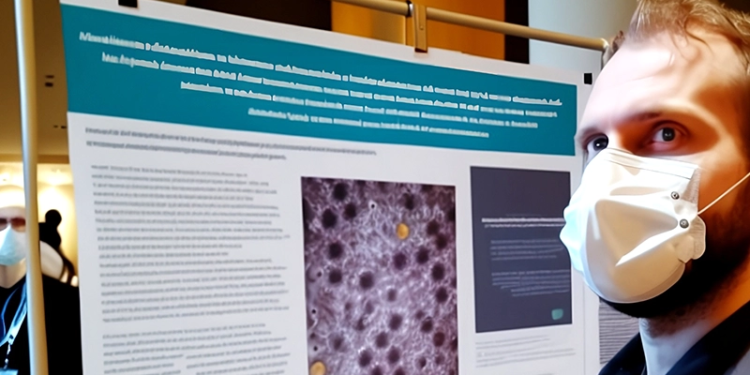The U.S. Department of Defense (DOD) has awarded $6 million to a Florida International University (FIU) biomedical engineering team to expand testing of its pioneering prosthetic hand system to military veterans and others with amputations.
The neural-enabled prosthetic hand (NEPH) system, developed at FIU by Ranu Jung, PhD, and her Adaptive Neural Systems Laboratory team, restores a sense of touch/grasp force and hand opening by stimulating sensory nerve fibers in the residual limb with fine wires implanted inside nerves. As muscle activity controls the motors in the prosthetic hand, sensors in the prosthetic hand provide information that commands an implanted neurostimulator to deliver stimulation pulses to the sensory nerve fibers. The elicited sensations can improve control of the prosthesis.
“Although advances in prosthetics have allowed U.S. veterans and service members to live more comfortable lives, many are still dissatisfied with their prostheses and stop using them,” said Jung, chair of the Department of Biomedical Engineering and a Wallace H. Coulter Eminent Scholars Chair in biomedical engineering. “We developed the NEPH system to improve the quality of life of people with upper-limb amputation, many of whom served in the military. We hope this technology, that is designed to provide senses of touch and grasp force, will allow them to perform daily tasks and, perhaps one day, even activities related to military duty.”
The first person to receive the system has been using it for over 18 months. In 2016, the U.S Food and Drug Administration (FDA) granted an investigational device exemption for the first-in-human trial of the NEPH system. Support from the Defense Advanced Research Project Agency (DARPA) Hand Proprioception and Touch Interfaces (HAPTIX) program and the Army Research Office allowed the initiation of the clinical trial.
“Dr. Jung’s pioneering work and innovative approach on the HAPTIX program has resulted in our first long-term take home study of a sensorized prosthesis,” said Al Emondi, PhD, program manager in DARPA’s Biological Technologies Office. “Understanding how a subject utilizes sensory feedback through a prosthetic device in their own natural home environment is the next major step toward engineering a system for prolonged clinical use.”
The system was developed with support from a Bioengineering Research Partnership grant from the National Institute of Biomedical Imaging and Bioengineering (NIBIB) and the Eunice Kennedy Shriver National Institute of Child Health & Human Development of the National Institutes of Health. Recent support from an NIBIB grant will allow continuation of the initial clinical trial with additional participants.
The Joint Warfighter Medical Research Program will support expansion of the study to include the Uniformed Services University of the Health Sciences/Walter Reed National Military Medical Center as well as enhance the capabilities of the system. The new system will be designed to allow use of different prosthetic hands and be suitable for use by people with amputations of both upper limbs.
Each participant will undergo surgery to have components of the NEPH system implanted and will be fitted with external components. They will then participate in a series of tests over a two-year period to determine the safety and effectiveness of the system.
“While we are excited about the potential impact of sensory feedback on the life of someone who has an amputation of one hand, we expect that the impact will be much greater for someone with amputation of both hands,” said James Abbas, PhD, of the School of Biological and Health Systems Engineering at Arizona State University, a key partner in developing and evaluating the NEPH system.
Editor’s note: This story was adapted from materials provided by FIU.
To read more about the NEPH, visit FIU Receives FDA Approval To Trial Neural-Controlled Prosthetic Hand.




